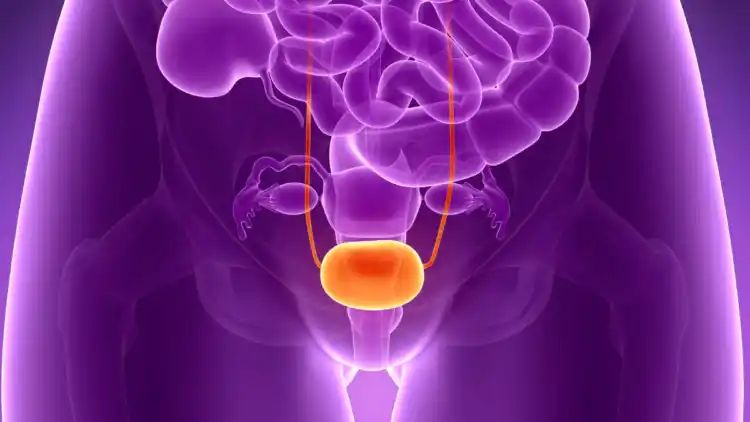Passive smoking: Toxins from smoke remain in hair, clothes and furniture; expert says even brief exposure can cause cancer

Passive smoking means breathing in smoke when other people are smoking. This is also called second-hand smoking or involuntary smoke, this can be through tobacco, smoke pollution or environmental tobacco smoke.
Moreover, there is no safe level of exposure to secondhand smoke. Even a brief moment of secondhand smoke can cause harmful effects on an individual’s health.
According to studies, people who don’t smoke and are exposed to smoking are at a higher risk of developing lung cancer. Passive smoking contains multiple carcinogens such as benzene and formaldehyde that can easily damage our lungs.
Dr Mahavir Modi, Pulmonologist and Sleep Specialist, at Ruby Hall Clinic told News9, “Smoking is always dangerous, let it be active or passive! The one who smokes has a filter in his cigarette, but second-hand smoke may have more quantity of harmful carcinogens. There is no upper or lower limit for passive smoking and even brief exposure in someone susceptible to the ill effects may develop all the health hazards like heart disease and cancer just like active smokers.”
“Even, pregnant females who get exposed to passive smoking from their spouse can pass on the hazards to the fetus and studies have shown that these children have more chance of low birth weight, congenital anomalies and asthma in adulthood. So, our policies for public smoking need to be strengthened and executed meticulously.”
How to avoid passive smoking
There is a common belief in people that opening a window or using a fan prevents passive smoking exposure but there are studies which say that toxins from smoke do not go away. They remain in hair, clothes, carpets and furniture and these toxins are also known as ‘thirdhand smoke’.
Health risk of passive smoking
Passive smoking can lead to numerous diseases including:
- Heart disease and stroke.
- Lung cancer.
- Reproductive health problems in pregnant people.
- Sudden Infant Death Syndrome (SIDS)
- Asthma attacks and other health problems in children.





